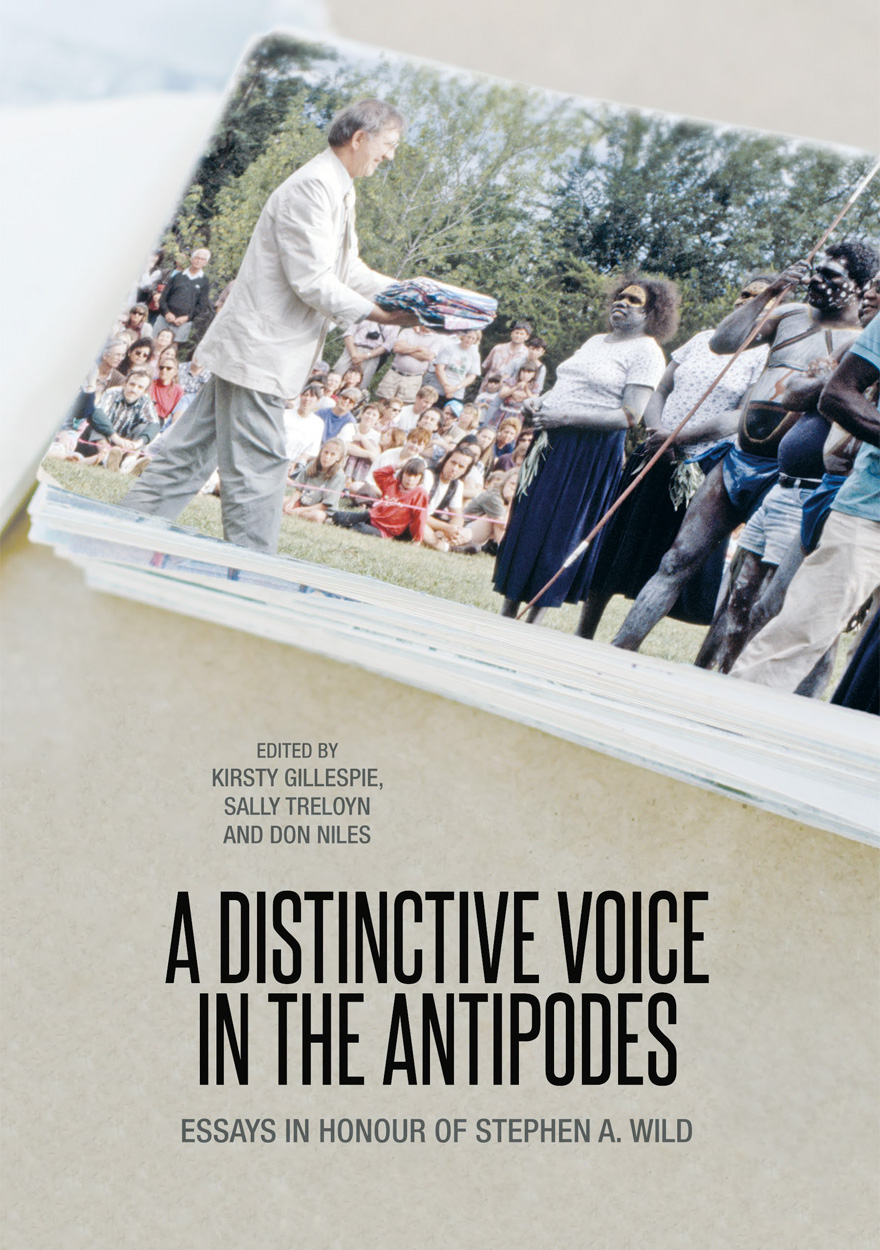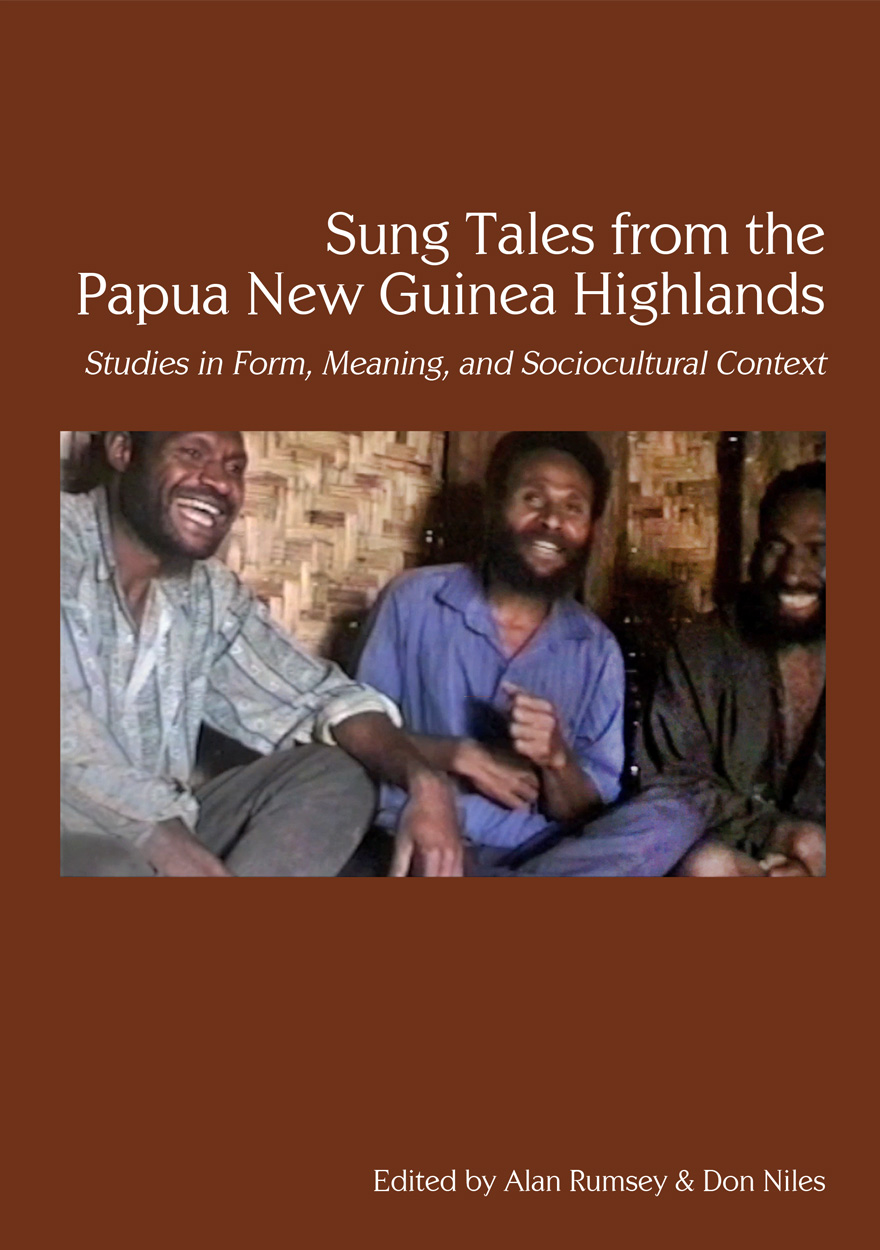Don Niles
Don Niles is Acting Director and Senior Ethnomusicologist of the Institute of Papua New Guinea Studies. He is interested in research and publication on all types of music and dance in Papua New Guinea, including traditional, popular, and Christian forms. The author/editor of numerous books, articles, and audiovisual publications on various aspects of music, dance, and archiving, Don also edits the Institute’s music monograph series (Apwitihire: Studies in Papua New Guinea Musics) and journal (Kulele: Occasional Papers in Pacific Music and Dance). He is a vice president of the International Council for Traditional Music and former editor of their journal, the Yearbook for Traditional Music.

A Distinctive Voice in the Antipodes »
Essays in Honour of Stephen A. Wild

Songs of the Empty Place »
The Memorial Poetry of the Foi of the Southern Highlands Province of Papua New Guinea




